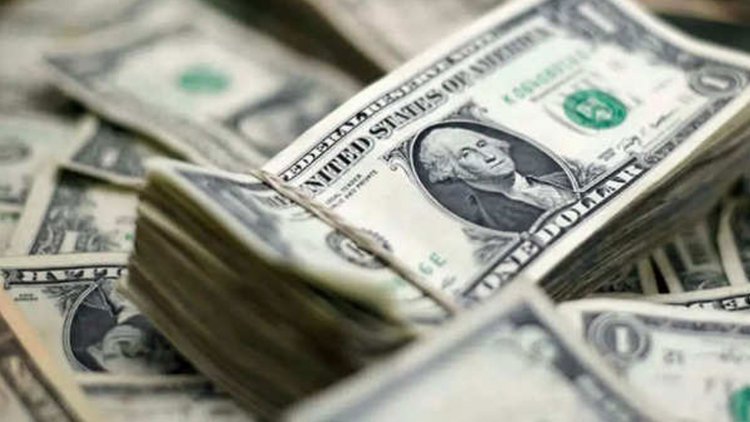On the yen, the rogue dollar reaches a fresh 24 year high
In early trading, the dollar increased to 137.28 yen, its highest level since late 1998.

Following Japan's ruling conservative coalition's good election performance, which indicated no change to lax monetary policies, the dollar rose to a 24-year high against the yen on Monday. Additionally, concerns about global economic growth supported the safe-haven currency more widely.
In early trading, the dollar increased to 137.28 yen, its highest level since late 1998. It then somewhat reduced those gains and was recently up 0.6% at 136.93.
In contrast, the euro fell 0.38 percent to $1.0144, returning to a 20-year intraday low set on Friday. This caused the dollar index to rise by 0.4% to 107.3.
According to Rodrigo Catril, a currency strategist at National Australia Bank, "the dollar is strengthening across the board, but dollar-yen is leading the trend."
He claimed that while the dollar had been generally supported by investors' reluctance to hold risky investments, the yen will be negatively impacted by Sunday's election outcome in Japan, which indicated that the nation's expansionary economic strategy would remain unchanged.
A significant contributor to the recent depreciation of the Japanese yen has been the Bank of Japan's (BOJ) strategy of maintaining low Japanese interest rates to stimulate the economy in combination with rising U.S. interest rates.
In a statement earlier in the day, BOJ Governor Haruhiko Kuroda said the institution "won't hesitate to take additional monetary easing initiatives as necessary."
High inflation, at least by global standards, had put some public pressure on decision-makers to alter course, but Catril claimed that as a result of the coalition led by Prime Minister Fumio Kishida's Liberal Democratic Party (LDP) winning more seats in the upper house in Sunday's election, this pressure had been lessened.
After rising last week, the U.S. 10-year yield was last at 3.087 percent.
Growth phobias
Away from Japan, flows to safe havens were being pushed by worries about the outlook for global economy, particularly as central banks try to stop runaway inflation.
In a letter to clients, Barclays analysts warned that "the (dollar) could remain overvalued until the uncertainties surrounding higher global inflation, European energy security, and China's economic outlook have been resolved."
As the Fed chooses between 50 and 75 basis points ahead of the July meeting, this week's U.S. CPI will be a crucial piece of the puzzle.
The release of the U.S. CPI data is scheduled for this Wednesday, and the markets are likely to view a high reading as a signal that the U.S. Federal Reserve will need to hike interest rates even more quickly to battle inflation.
Rate increases from the Reserve Bank of New Zealand on Tuesday and the Bank of Canada on Thursday are also anticipated this week due to the widespread prevalence of inflation in most of the world. [NZ/INT] [CA/INT]
In early trade on Monday, the euro was trading at 0.85 British pence and 139 JPY, just above last Friday's levels when it hit its lowest level against both currencies since late May, indicating that it was struggling against more than just the dollar due to energy concerns.
The largest pipeline supplying Russian gas to Germany begins annual maintenance on Monday, which is the newest cause for concern for the European economy. Flows are anticipated to stop for 10 days, but governments, markets, and businesses worry that the interruption may last longer due to the conflict in Ukraine.
The second-quarter GDP for China is the other major economic event this week. Investors will be looking for clues as to how severely the COVID-19 lockdowns affected the economy when it is released on Friday.
On Wednesday, Britain will release its second-quarter GDP figures, but the next leader and prime minister of the governing Conservative party is the subject of more attention.
On Monday morning, the pound was down 0.38 percent to $1.1986 versus the stronger dollar, having last week's tumultuous period close to where it started.




 admin
admin 




















